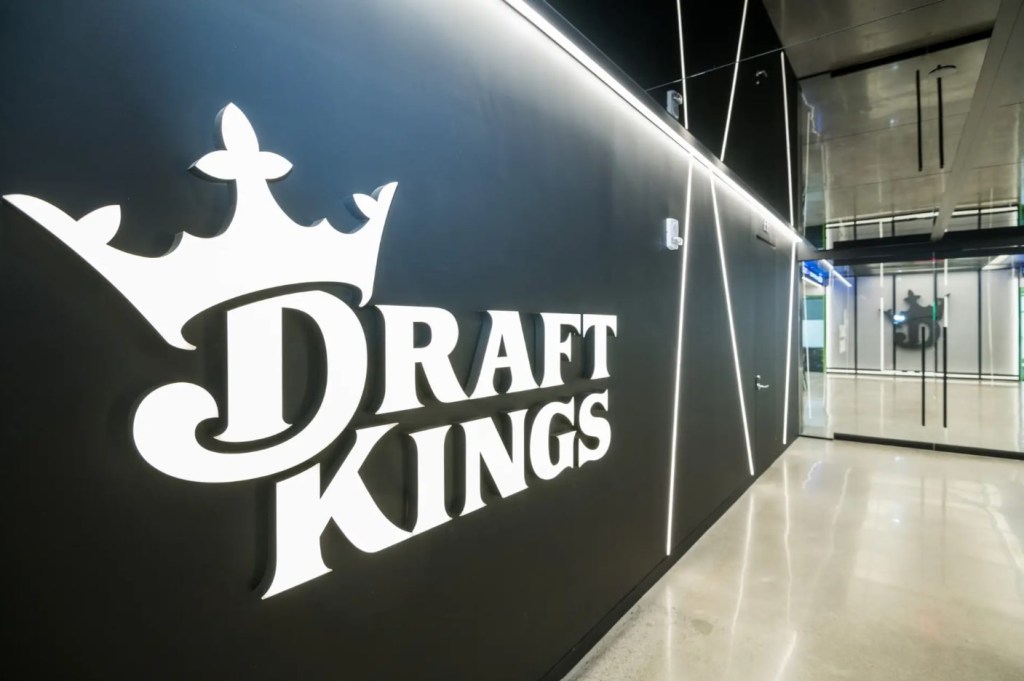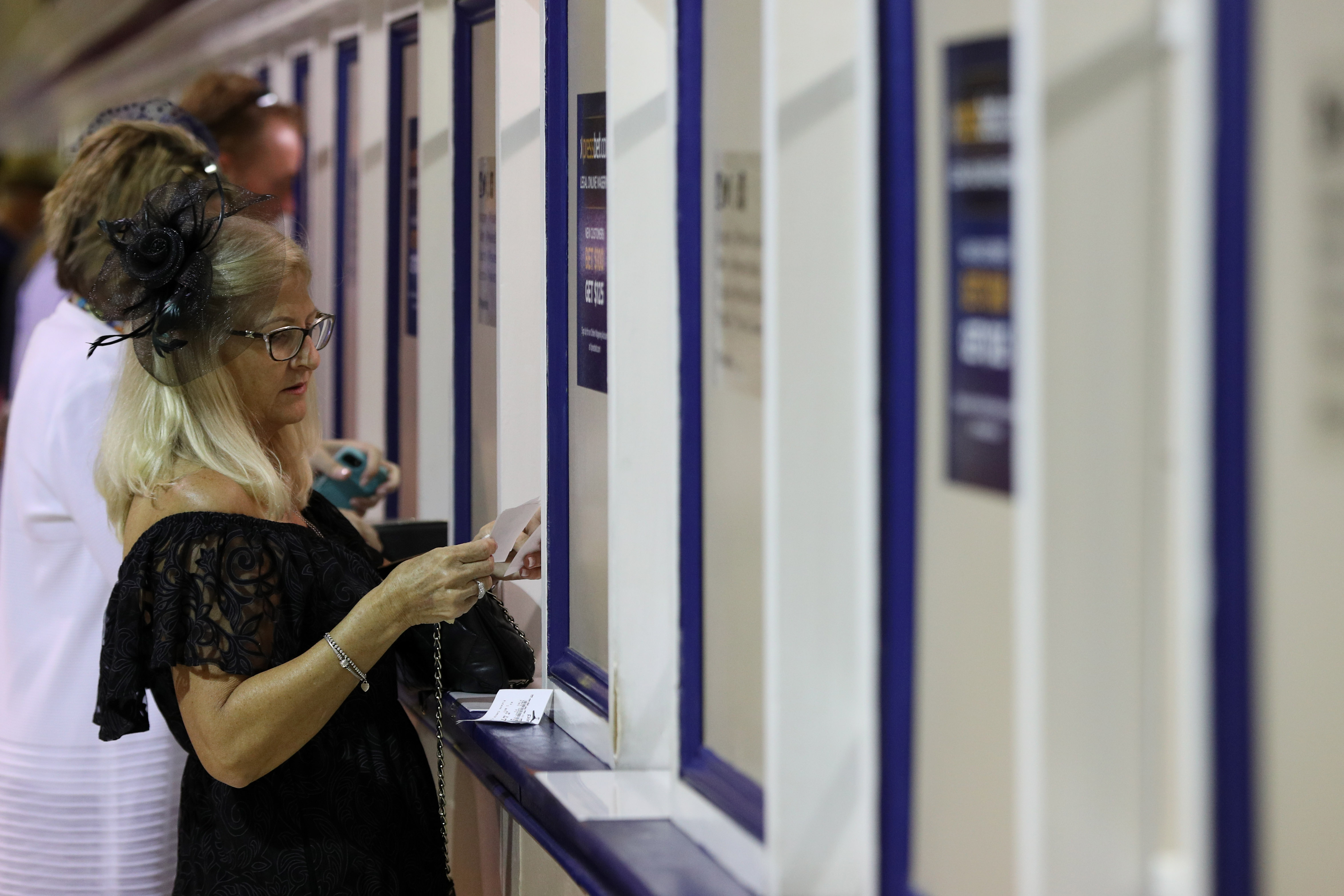
Credit: Geoff Burke-USA TODAY Sports
Legalized sports betting is here and the sports business landscape has already begun to shift accordingly.
Since the overturning of the Professional and Amateur Sports Protection Act (PAPSA) by the U.S. Supreme Court last year, seven states have regulated sports betting, with three more on the cusp and another 31 states with more than 100 total bills in movement. The revenue potential for leagues and teams is enormous, not only through direct action but also trickle-down benefits tied to increased fan engagement.
“It will be a game-changer,” said NHL senior senior vice president of business development and global partnerships David Lehanski at a panel at South by Southwest. “There will be a lot of growth, so there is real scale for a league to monetize and leverage. We think all of that will come, but it’s hard to predict what it means to the leagues and one of the hardest things to do is temper the expectations right at the beginning.”
READ MORE: NHL and MGM Partnership Just Scratching the Surface of Sports Betting Potential
Unsurprisingly, the major sports control the majority of the market. All of the Big Four leagues have entered agreements with sports book operators, with the NHL, NBA and MLB partnering with MGM and the NFL dealing with Caesars. Football is king , with 35 percent of all betting action going towards the NFL and NCAA football, said Dan Shapiro, William Hill US vice president of strategy and business development. Basketball runs second at 30 percent and baseball clocks in at 20 percent. NHL trails with approximately 5 percent while the rest of the sports make up the remaining portion. That leaves a very small slice of pie for everyone else, and Shapiro predicts it will be an uphill climb for other leagues to mount a true challenge.
“The four major sports are very liquid markets,” Shapiro said. “It’s tough to gain that traction to really have betting markets, but we welcome innovation and we’ll put it on the board as long as it’s a league that monitors and has standards and protections.”
Yet perhaps the most important question regarding legalized sports better isn’t where or on what, but how. In the U.S., for instance, 70 percent of betting is done before play starts. But according to David Sergeant, the vice president of sports betting innovation at iGaming Ideas, the reverse is true in other countries with legal betting. And considering regions like Great Britain have a 60-year head start on legalized gambling, the U.S. may ultimately follow someone else’s lead versus blaze its own trail.
[mc4wp_form id=”8260″]
If that’s the case, get ready for plenty of mobile activity. In Europe, where betting is legalized outside the United Kingdom as well, between 75 and 90 percent of betting is done on mobile phones according to Laila Mintas, chairwoman of the Bet.Works advisory board. Mintas also expects major media opportunities to come to the table. Some companies, like ESPN and CBS Sports, already are producing original content. The sponsorship windfall could be massive.
“They have a user base and they know their customers,” she said. “For them to add sports betting to an audience that already is there is interesting. Even a big one, like Amazon or Facebook, must be looking at getting into the space or monetizing somehow. I think that’s coming.”
So, too, are workarounds for potential corruption. The involvement of players, coaches and referees in sports betting has been an age-old fear in sports. Mintas believes it’s a valid one, too, and referenced multiple European examples of players getting blackmailed. The U.S. is not immune, either, with former NBA referee Tim Donaghy being a recent prime example
READ MORE: VSiN Aims to Alter Sports-Talk Content As Sports Betting Takes Hold
The way around it, Mintas said, involves having a solid system in place with educational resources for players in case they are approached and placed in a compromising situation. Regulating the industry can also help make it more transparent and maintain integrity for teams, leagues and the sportsbooks, Shapiro said.
“The notion betting makes sports more in danger is counterintuitive,” he said. “There’s billions being bet offshore, bring that into the sunlight. Providing full transparency seems to be the way to monitor and prevent issues with integrity.”
The opportunities, however, dwarf the concerns. Expect to see much more growth in the months ahead.
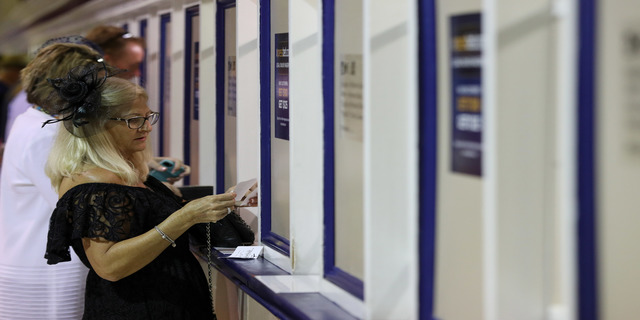
![[Subscription Customers Only] Jun 15, 2025; Seattle, Washington, USA; Botafogo owner John Textor inside the stadium before the match during a group stage match of the 2025 FIFA Club World Cup at Lumen Field.](https://frontofficesports.com/wp-content/uploads/2026/02/USATSI_26465842_168416386_lowres-scaled.jpg?quality=100&w=1024)

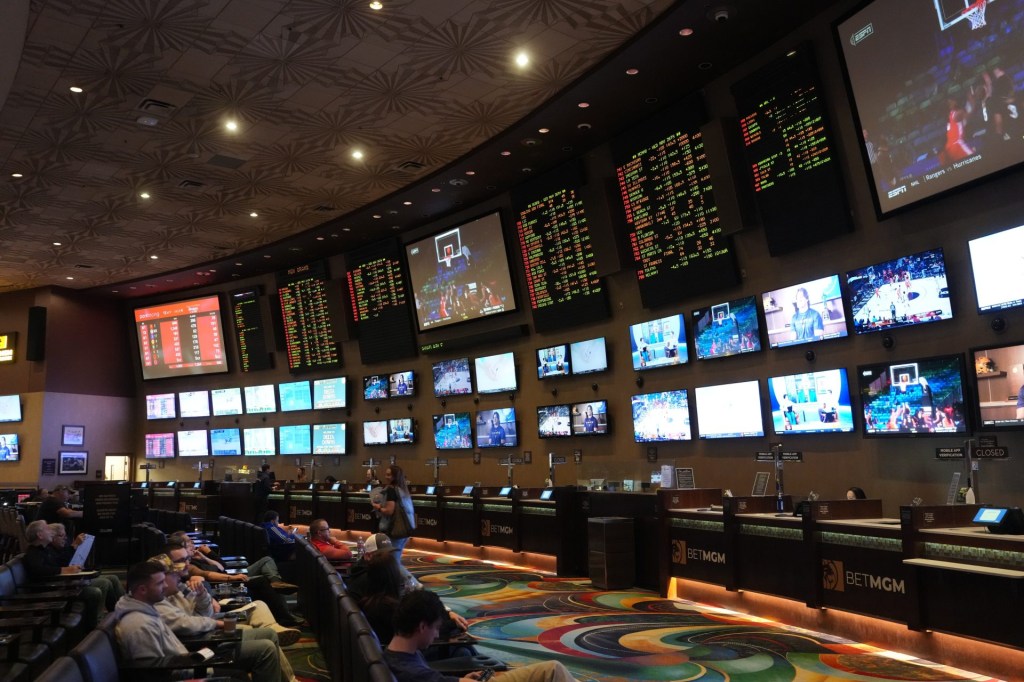
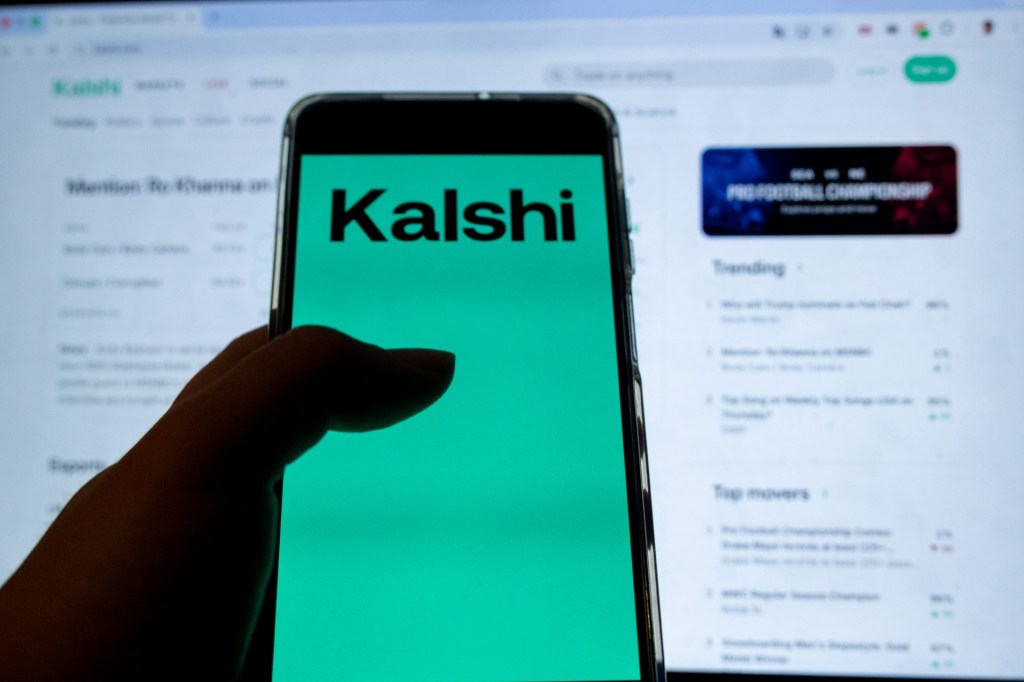
![[Subscription Customers Only] Jul 13, 2025; East Rutherford, New Jersey, USA; Chelsea FC midfielder Cole Palmer (10) celebrates winning the final of the 2025 FIFA Club World Cup at MetLife Stadium](https://frontofficesports.com/wp-content/uploads/2026/02/USATSI_26636703-scaled-e1770932227605.jpg?quality=100&w=1024)




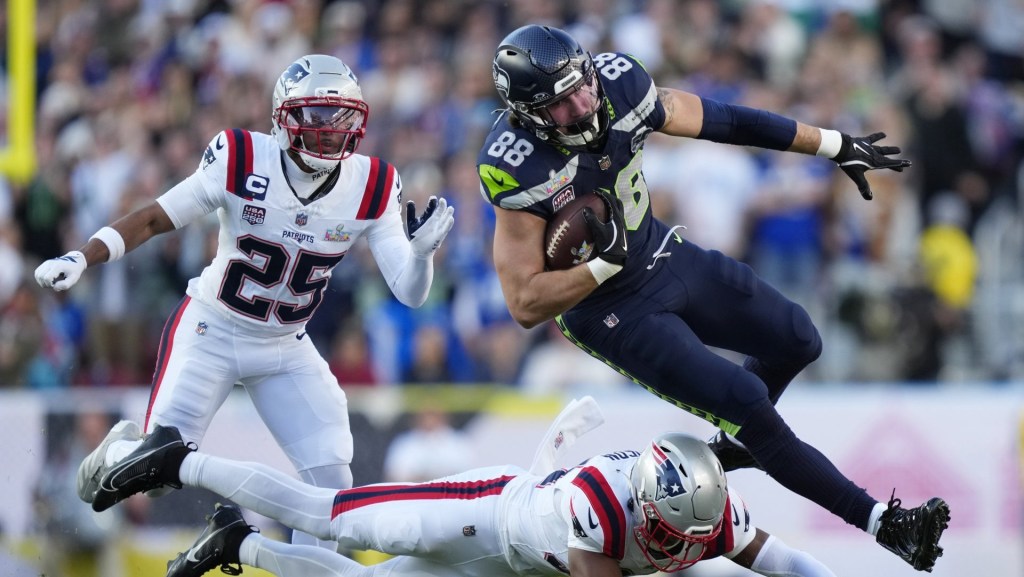
![ESPN Bet broadcasts inside the PGA Tour Studios building in Ponte Vedra Beach, Florida, on March 14, 2025. [Clayton Freeman/Florida Times-Union]](https://frontofficesports.com/wp-content/uploads/2026/02/USATSI_25668497_168416386_lowres-1-scaled.jpg?quality=100&w=1024)


